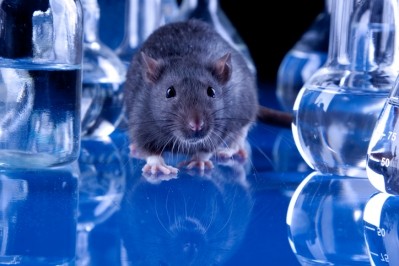How the European cosmetics industry contributes to growth and sustainability

The report, titled ‘Socio-economic Development & Environmental Sustainability: The European Cosmetics Industry’s Contribution 2017’, was compiled by the trade body in association with Risk Policy Analysts Ltd., and covers a range of instances where the industry impacts on sustainability and growth.
From where it supports jobs and growth, via job creation, wages, employment taxes and responsible employment, to its impact onto research and development, to its increasingly strong profile on sustainable sourcing and manufacturing, the report looks at what the industry is getting right.
A ‘significant’ contribution
According to Cosmetics Europe, the impact the industry makes in these and related areas is considerable.
“The cosmetics and personal care industry makes a significant social and economic contribution to national and regional economies across the EU,” the report confirms.
“Through the purchase of goods and services and the payment of taxes and employee wages, the cosmetics industry generates multiple rounds of economic spending and re-spending that benefits the European economy and its citizens.”
Europe, the trade body notes, is the global flagship producer of cosmetic products. In 2016, the European cosmetics market was valued at €77 billion, making Europe the largest market for cosmetic products in the world.
The report estimates that across its supply chain, the cosmetics industry brings at least €29 billion in added value to the European economy every year, of which approximately €8 billion is contributed directly by the manufacture of cosmetic products (the remaining €21 billion is generated indirectly through the supply chain).
SMEs and research in the spotlight
According to the report, SMEs are key drivers of innovation and economic growth.
“While there are more than 5,000 enterprises manufacturing cosmetics in Europe, the vast majority of these companies are SMEs: in 2016, there were 4,900 SMEs in Europe,” it notes.
The impact and speed of the innovation of the European industry are also highlighted: “There are at least 33 scientific innovation facilities in Europe carrying out research in relation to cosmetics. More than 27,700 scientists are employed by the cosmetics industry in Europe.”
Alongside areas of growth, the report considers sustainability in detail, noting that Cosmetics Europe and its members work towards ensuring environmental responsibility and supporting proactive voluntary and self-regulatory initiatives.
When it comes to sustainability, the message of the report is clear: “Cosmetics Europe and its members have a common belief that sustainability and business success go hand in hand.”






















